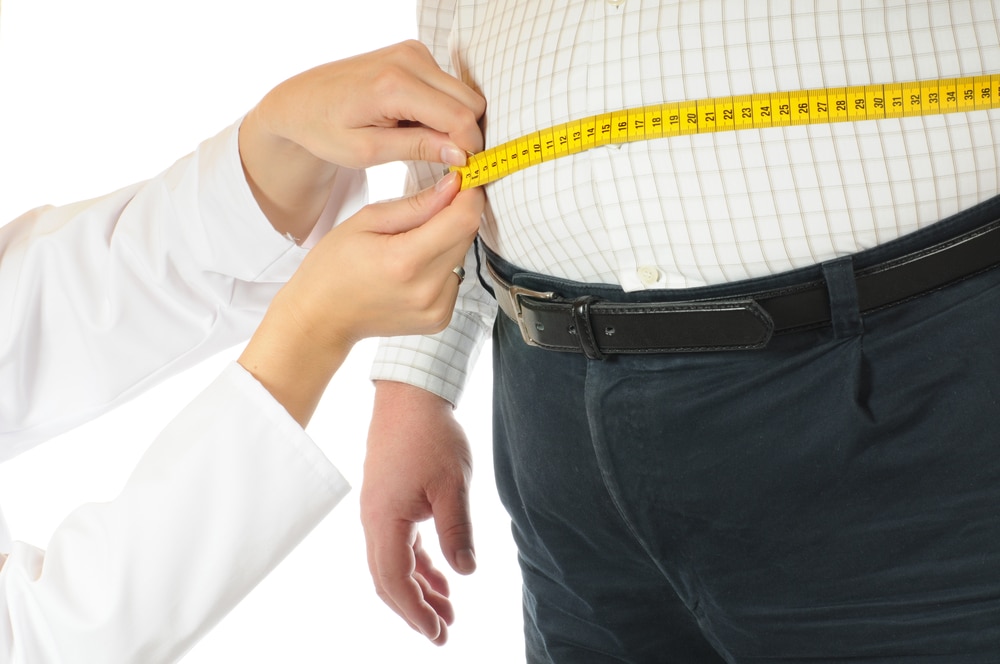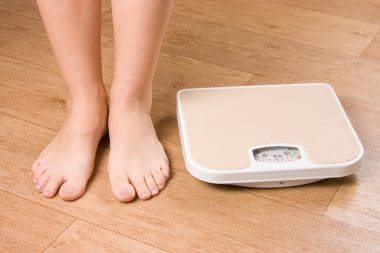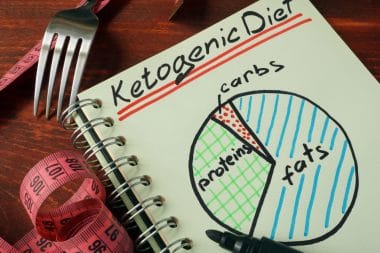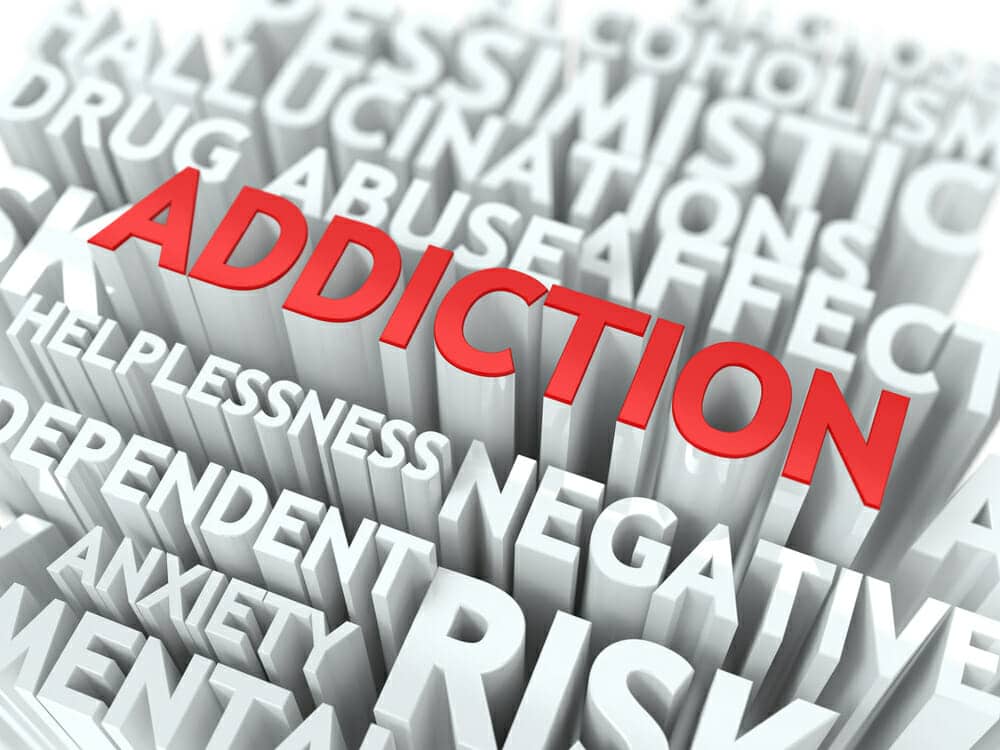Being overweight is not a matter of esthetics. Obesity messes up every part of our system and opens us up for a large number of diseases. Heart disease, stroke, diabetes, sleep apnea, high cholesterol, you name it. While heredity plays a small part in some people being predisposed to obesity, it is mostly up to what we eat, how much we eat and how much we exercise to spend all the calories we consumed from food. Too high of a percentage of body fat can lower your metabolism, use our body fat calculator to see where you stand. Cholesterol is a perfect example how poor nutrition can affect our health.
 What is cholesterol?
What is cholesterol?
Cholesterol is the story of too much of a good thing. It is an organic substance naturally produced in our body, mostly by our liver. Liver synthesizes about 80 percents of cholesterol, the rest comes from food. We need cholesterol to build cell membranes; it is a crucial component in the production of bile necessary for digestion; it affects the production of vitamin D and hormones such as testosterone and estrogen. Our liver produces every day approximately 1,000 milligrams of cholesterol, and we do not need to get any more from food. But, we do.
It is difficult to avoid eating cholesterol, as it is part of all meats, eggs, dairy products and fish. But, the same food that contains large quantities of cholesterol also contains a lot of triglycerides, the other fats.
All kinds of fats
Fats or lipids are found in most parts of our body. There are three main types: triglycerides (fats and oils, the main type of fats from food), phospholipids (keep fats dissolved in blood) and sterols (cholesterol, vitamin and hormones). We need triglycerides for energy, to help our system to process carbohydrates and proteins and for insulation and protection of our internal organs. But, what we bring in with the food, we need to use, otherwise it gets accumulated as fat tissue. Scientists found that high levels of cholesterol in our blood commonly come with high levels of triglycerides.
Good and bad cholesterol
Cholesterol binds with protein in our blood in order to circulate through the system, forming lipoproteins. The two best known lipoproteins are high-density lipoproteins (HDL or “good” cholesterol) and low-density lipoproteins (LDL or “bad” cholesterol). Excess of LDL cholesterol tends to accumulate on the wall of blood vessels, forming plaque, causing blood vessels to clog, and preventing good blood flow. This can cause heart attacks, cardiovascular disease and even stroke. HDL cholesterol tends to remove cholesterol plaque from the arterial walls, and carries it to the liver to be processed or eliminated from the body. Unfortunately, body produces much more LDL than HDL.
Good cholesterol foods
Good cholesterol is your best weapon against bad cholesterol, so you need to know which food contains it. To mention just a few, fish, seafood, eggs, avocados, orange juice, cocoa, green tea, garlic and onions are the most popular good cholesterol sources. Just do not forget that, good cholesterol or not, fat is fat, and you can pile up love handles with avocados and eggs if you overdo it just like with the pork chops and burgers. So, moderation is called for. And do not forget the exercise. Burn those calories, keep healthy and feel good about yourself.








Reply